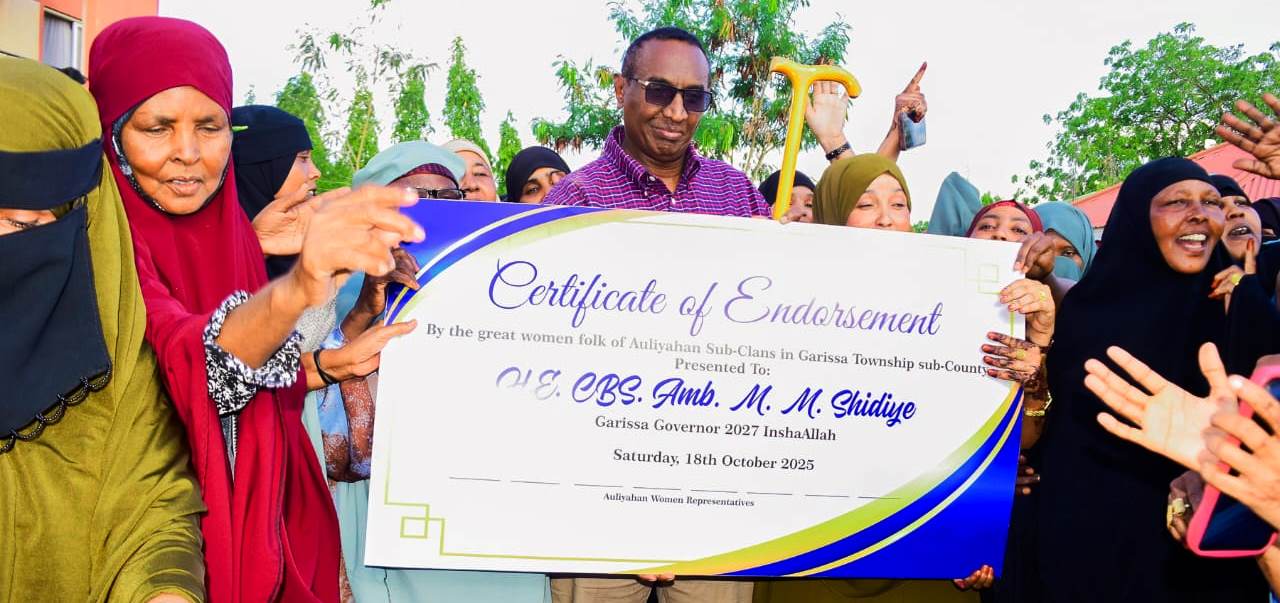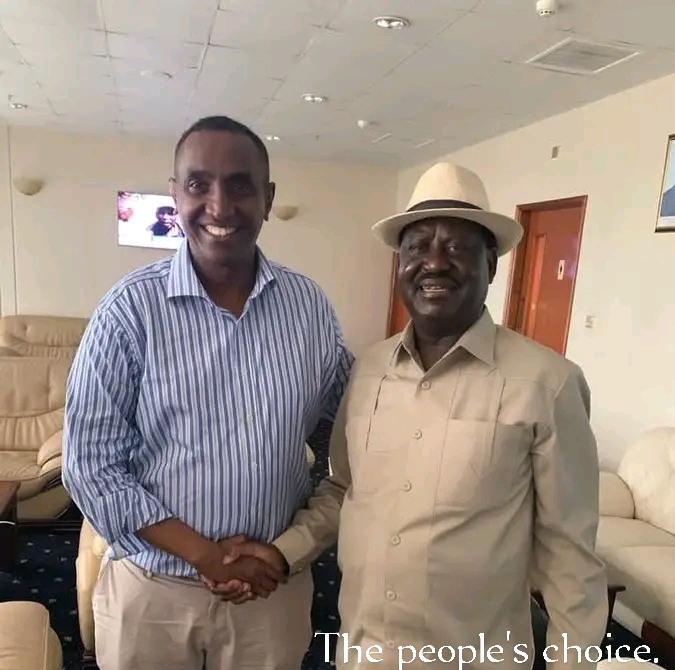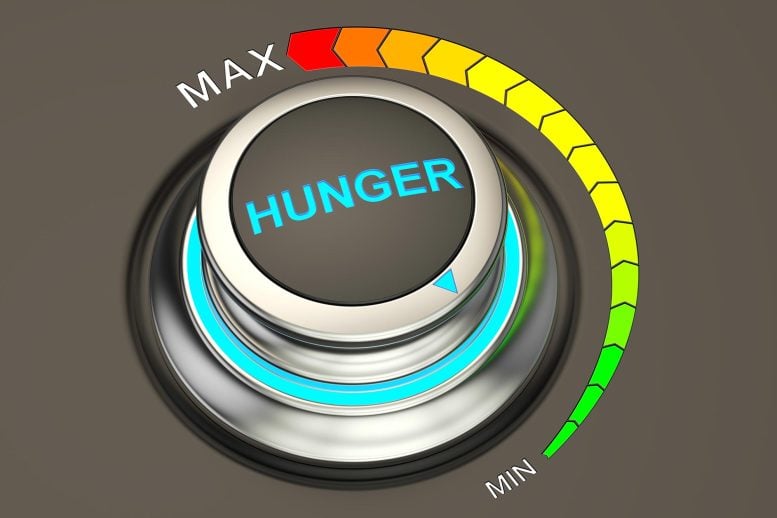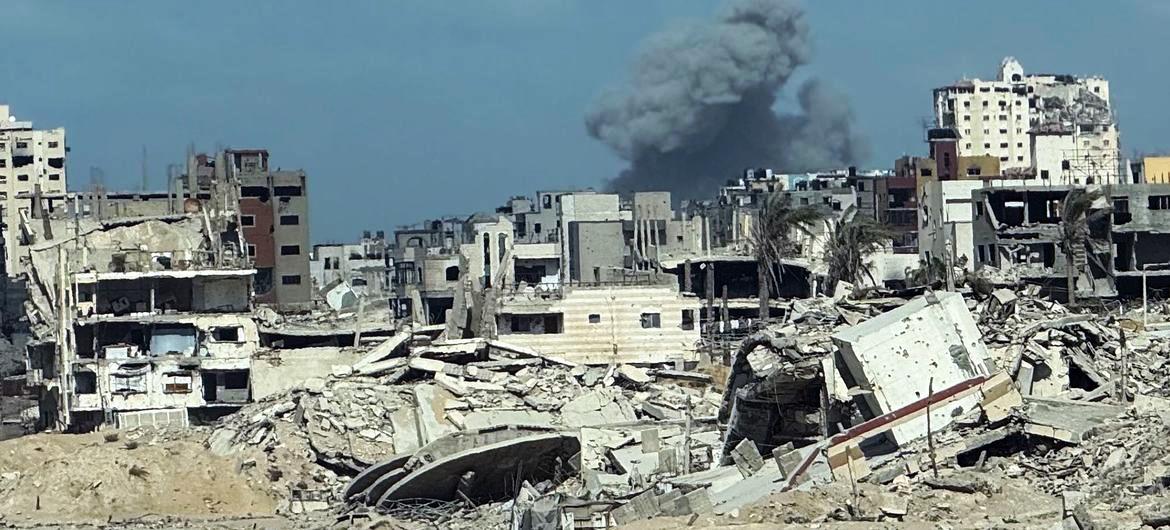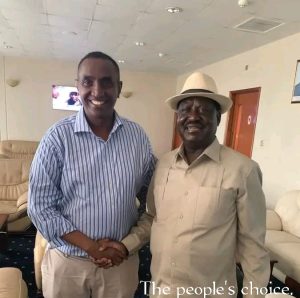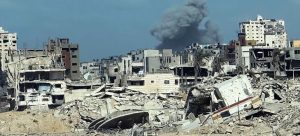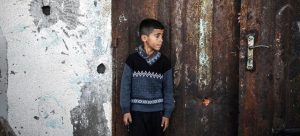In a troubling and indefensible show of force, the Kenyan police disrupted a performance of “Echoes of War”, a play written by former Kakamega Senator Cleophas Malala and staged by Butere Girls High School at the National Drama Festivals in Nakuru.
What unfolded on the 9th and 10th of April 2025 was not just an overreach of authority — it was an alarming act of state-sponsored censorship that trampled on the rights of children, suppressed artistic expression, and tarnished the spirit of a cultural event meant to celebrate creativity and learning.
Drama has long stood as a pillar of societal reflection, a mirror to our political, cultural, and moral realities. It is through plays such as “Echoes of War” that young people explore complex issues, interrogate injustices, and imagine a better future.
It is through theatre that our collective conscience is stirred. To muzzle such expression — particularly by intimidating schoolchildren with teargas and staging logistical sabotage — is a chilling reminder of how deeply threatened certain institutions are by the truth art dares to speak.
Let us be clear: this was not a security operation. This was a calculated act of repression. From the denial of basic performance necessities — costumes, a public address system, even an audience — to the use of teargas on minors outside the venue, every move made by authorities appears aimed at humiliation and deterrence. The question must be asked: what is so frightening about the voices of young girls on a stage?
The Constitution of Kenya enshrines the freedom of expression (Article 33), the right to peaceful assembly (Article 37), and the right of every child to participate in cultural and artistic life (Article 53). These are not theoretical ideals — they are binding guarantees.
And yet, the very institutions tasked with upholding the law are actively violating it. The court had already affirmed the right of these students to perform. Why, then, did the police act with impunity?

Former Kakamega Senator Cleophas Malala, the scriptwriter of “Echoes of War.” PHOTO/UGC.
The statements from FIDA-Kenya, Amnesty International, and the ODM are not just reactions; they are urgent calls for accountability. Christine Kungu of FIDA-Kenya rightly condemned the targeting of students, citing grave constitutional breaches.
Amnesty International went further, calling this an attack on children’s rights and a criminalisation of creativity. When global human rights watchdogs, legal organisations, and political parties converge in their outrage, the gravity of the situation is unmistakable.
That the Ministry of Interior and National Administration remains largely silent — while one of the country’s most promising school drama teams is hounded for performing a legally cleared play — speaks volumes. If children cannot perform a play in peace, who among us is safe to express an opinion?
We call for an urgent and comprehensive response to the egregious violation of constitutional and human rights witnessed during the disruption of Butere Girls play “Echoes of War.”
At the centre of this controversy is the continued harassment and arbitrary detention of Malala, whose only discernible “offence” appears to be the authorship of a politically sensitive theatrical piece. That artistic expression should result in criminalisation reveals a deeply troubling posture by state actors towards dissent and creativity.
In light of these events, the Independent Policing Oversight Authority (IPOA) must immediately initiate a thorough, impartial investigation into the conduct of the police officers involved.

Their actions — including the obstruction of the performance, the use of intimidation tactics, and the deployment of teargas on schoolchildren — constitute not only a breach of professional conduct, but a direct endangerment of minors and a contravention of multiple constitutional provisions. Where wrongdoing is found, decisive disciplinary action must follow without delay or dilution.
Furthermore, both the Ministry of Education and the Ministry of Interior and National Administration owe the public, and more specifically the students of Butere Girls High School, a formal and unequivocal apology.
Their silence, complicity, or failure to act undermines public confidence in institutions meant to protect and nurture young talent. In addition to a public apology, these ministries must offer binding assurances that the students will be allowed to stage “Echoes of War” as directed by the courts — without interference, intimidation, or logistical sabotage.
Equally imperative is a renewed and explicit reaffirmation by state authorities of the freedom of artistic expression, as guaranteed under Article 33 of the Constitution. This reaffirmation must be accompanied by enforceable commitments that future cultural and educational festivals shall be free from censorship, political interference, and any form of state-sponsored coercion. The protection of creative spaces is not a favour extended by the state; it is a constitutional obligation and a cornerstone of any democratic society.
In sum, what is at stake is not merely the fate of a single play or playwright, but the broader principle of whether Kenya remains a society where truth can be spoken from the stage, and where children are free to imagine, create, and critique without fear.
To every student who walked out of that theatre in defiance, know this: your courage has not gone unnoticed. You stood for your truth when adults around you failed in their duty to protect it. In the face of repression, you embodied the very power that theatre — and youth — hold in society: the power to provoke, to inspire, and to challenge the status quo.
Let us not forget: when a state fears a school play, it is not the play that is weak — it is the state.
